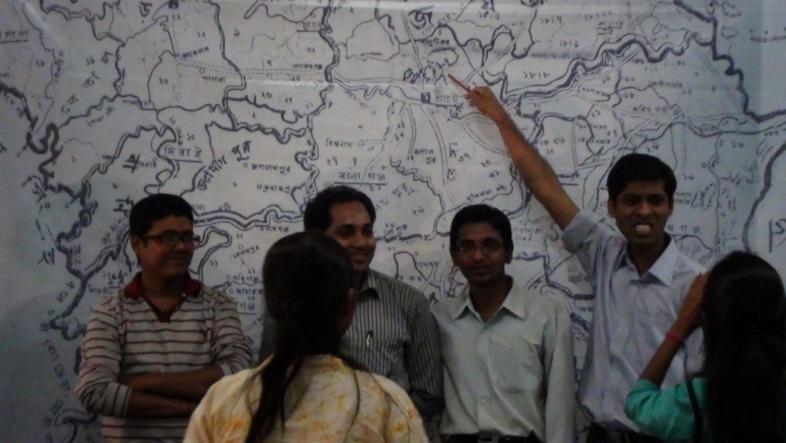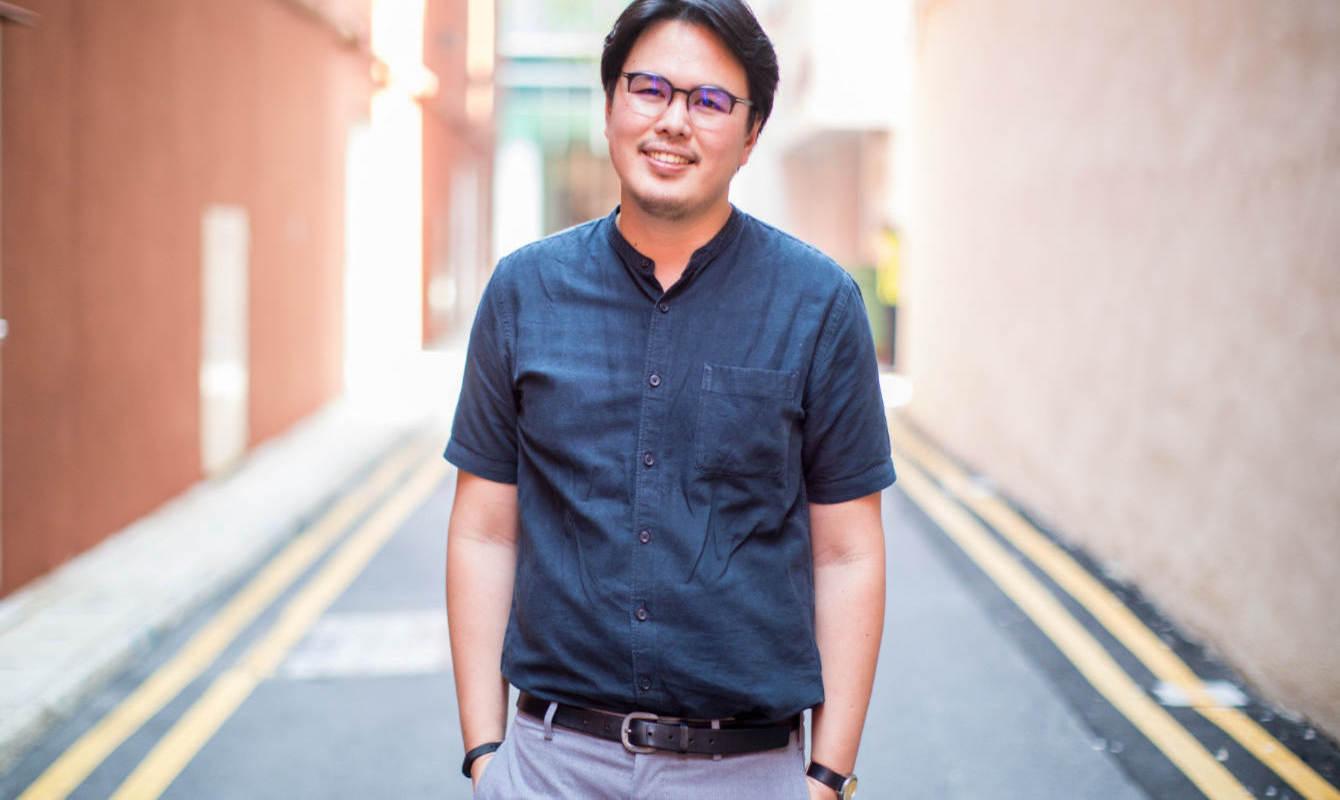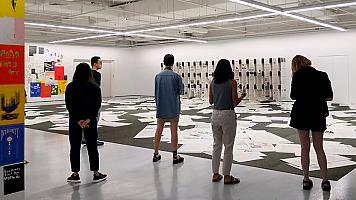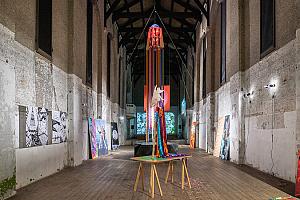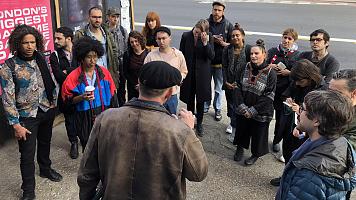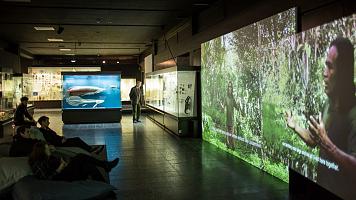Course information
Department
Length
3-4 years full-time or 4-6 years part-time
Course overview
This program will provide you with an opportunity for your own work to engage with the widening horizons of new practices. It will also enable you to invent methodologies, reframe urgencies, and reimagine the contexts for work.
Building on theoretical grounding, the programme offers an opportunity to bring together different sources of knowledge, methodologies, and models of making public.
Concepts animating our work on the programme:
- Choreo politics
- Anthropology as Cultural Critique
- Cultural Metabolics
- Curatorial Knowledges
- The Exhibitionary Matrix
- The Intrusions of Nature
- Race and Digital Ecologies
- Practice Epistemology
- Spectral Infrastructures.
This is practice-driven and research-based programme which can incorporate projects in progress, collaborations with organisations, and platforms. It can also be an opportunity to rethink the circulation and meaning of how/to whom work is communicated, and to put forms of transdisciplinarity into practice. Seminars are taught six times a year, encouraging those working in the field to be able to maintain their work. Participants are artists, curators, organisers, researchers, and activists.
The Goldsmiths Program in Advanced Practices is linked to the European Forum for Advanced Practices (funded by the COST.eu action).
Recent guest lecturers (2019-2023):
- Adam Bencard, Chief Curator, Museum of Medicine, Copenhagen
- Christine Shaw, “The Work of Wind”, Chief Curator, Toronto University Museum
- Manuela Moscoso (Liverpool Biennial “The Stomach and The Port”)
- CAMP, Arts and Research Collective, Mumbai
- Coco Fusco, Performance Artist, Filmmaker and writer, Florida.
- Nora Sternfeld Curator and Educator, Hamburg and Vienna.
- Elvira Dyangani Ose, The Showroom, London
- Michael Neuman, Medicin San Frontieres
- Michel Feher
- Michael Taussig
- Naeem Mohaiemen
- Stefano Harney
Find out more about research degrees at Goldsmiths.
Contact the department
If you have specific questions about the degree, contact Professor Irit Rogoff.
